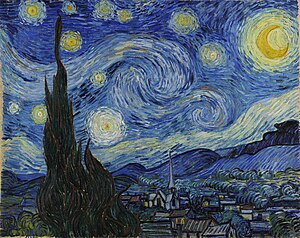Article description: (description)
This attribute controls the content of the description and og:description elements. | According to dictionary.com, “In lists compiled by linguists and translators, it seems “duende” is a word that many experts regard as the hardest word in Spanish to convey in other languages.” [2] The band They Might Be Giants wrote an entire song trying to define duende in which it was described as being “Necropolis Blownapart”, “Apocryphal Espadrille”, and “Dystopio Smashedtobits.” [3] Wikipedia calls says it, “loosely means having soul, a heightened state of emotion, expression and authenticity, often connected with flamenco.” [4] Federico García Lorca, in Theory and Play of the Duende describes the duende with definitions and characteristics including “A mysterious force that everyone feels and no philosopher has explained”, “The arrival of the duende presupposes a radical change to all the old kinds of form, brings totally unknown and fresh sensations, with the qualities of a newly created rose, miraculous, generating an almost religious enthusiasm”, "The duende, by contrast [with muses and angels as metaphorical inspiration for art], won’t appear if he can’t see the possibility of death, if he doesn’t know he can haunt death’s house, if he’s not certain to shake those branches we all carry, that do not bring, can never bring, consolation. With idea, sound, gesture, the duende delights in struggling freely with the creator on the edge of the pit. Angel and Muse flee, with violin and compasses, and the duende wounds, and in trying to heal that wound that never heals, lies the strangeness, the inventiveness of a man’s work. The magic power of a poem consists in it always being filled with duende, in its baptizing all who gaze at it with dark water, since with duende it is easier to love, to understand, and be certain of being loved, and being understood, and this struggle for expression and the communication of that expression in poetry sometimes acquires a fatal character”, and “The duende… Where is the duende? Through the empty archway a wind of the spirit enters, blowing insistently over the heads of the dead, in search of new landscapes and unknown accents: a wind with the odor of a child’s saliva, crushed grass, and Medusa's veil, announcing the endless baptism of freshly created things.” |
